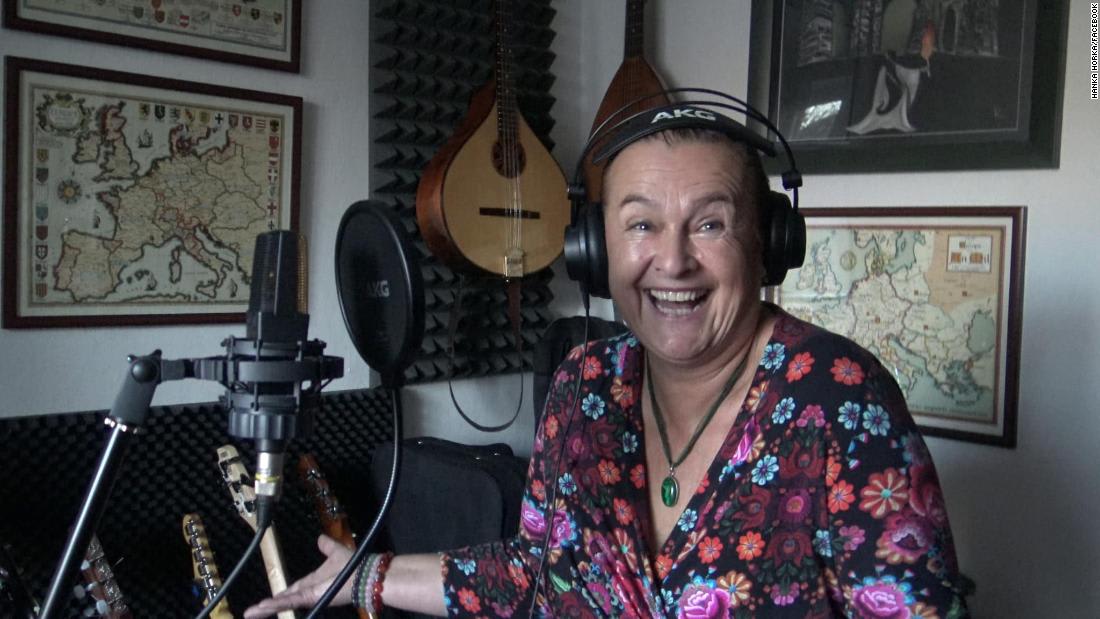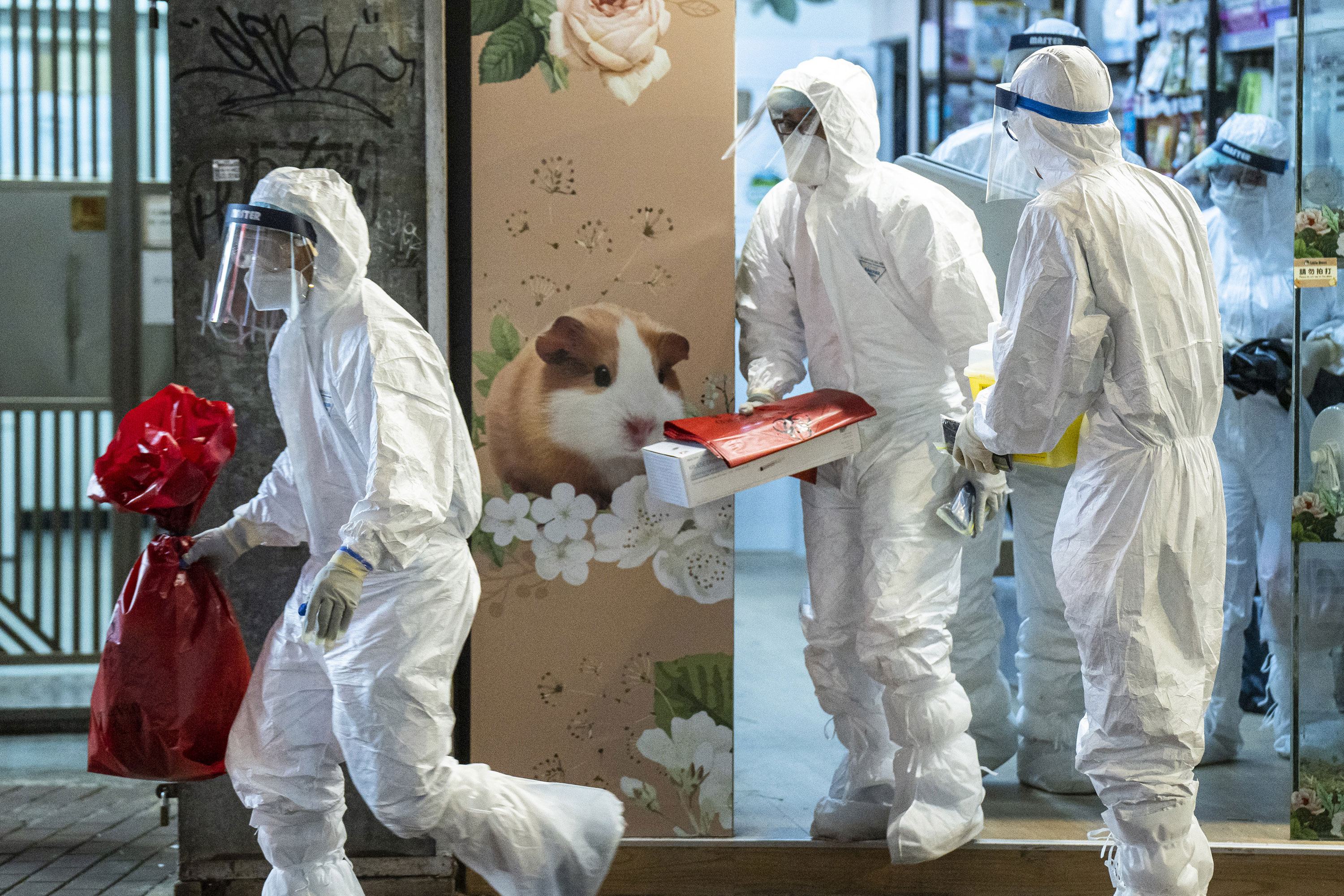The National Institutes of Health Covid-19 treatment guidelines no longer recommend the use of two authorized monoclonal antibody treatments for patients with mild to moderate Covid-19 due to their diminished effectiveness against the Omicron variant.
The two monoclonal antibody treatments no longer recommended are Eli Lilly’s bamlanivimab plus etesevimab and Regeneron’s casirivimab plus imdevimab.
“Because Omicron has become the dominant VOC in the United States and real-time testing to identify rare, non-Omicron variants is not routinely available, the Panel recommends against using bamlanivimab plus etesevimab or casirivimab plus imdevimab (AIII),” said the updated NIH guidelines, published Wednesday.
NIH is still recommending the use of GlaxoSmithKline’s monoclonal antibody, sotrovimab, as a single IV infusion administered as soon as it can be within 10 days of symptoms appearing for those over the age of 12.
“The Omicron VOC has become the dominant variant in the United States and is predicted to have markedly reduced susceptibility to bamlanivimab plus etesevimab and casirivimab plus imdevimab,” said the NIH statement. “In vitro studies indicate that sotrovimab remains active against the Omicron VOC.”
In December, the Assistant Secretary for Preparedness and Response and the US Food and Drug Administration paused allocations of the Eli Lilly and Regeneron monoclonal antibodies as data showed it was unlikely they would help against Omicron.








